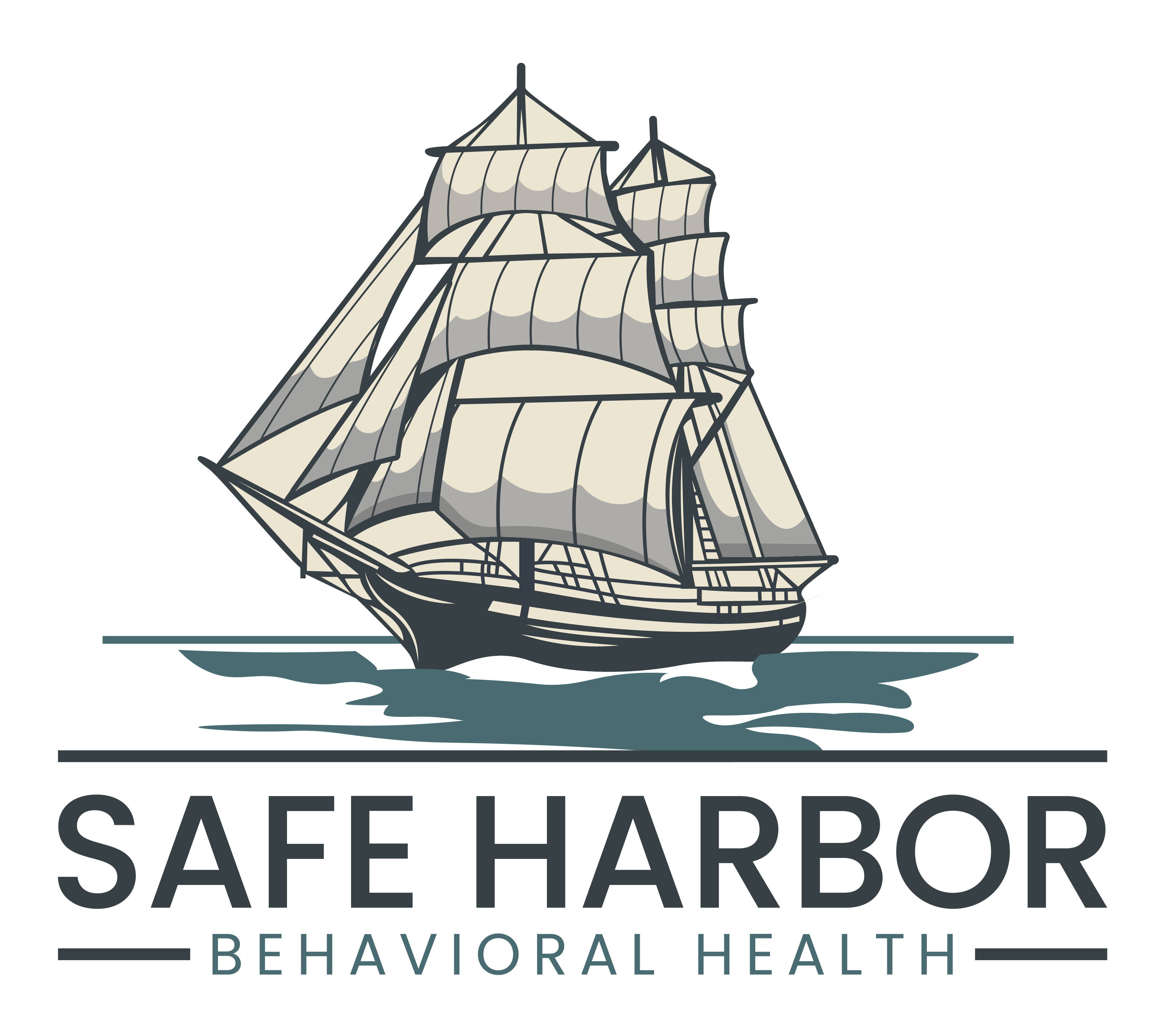Addiction is a complex and emotionally taxing condition that affects far more than just the individual experiencing it. Its impact extends to family members, friends, and close companions, often causing emotional exhaustion, unhealthy patterns of enabling, and fractured trust. One of the most empowering—and often underutilized—tools for those supporting someone with addiction is the ability to establish and maintain healthy boundaries. These limits not only safeguard your mental and emotional health, but also help cultivate mutual respect and may even encourage your loved one to seek treatment.
This guide explores why boundaries are essential, how to recognize healthy ones, and actionable ways to implement them with empathy and resilience.
Why Boundaries Are Crucial

Boundaries are important in every relationship, but they become even more vital when addiction is in the picture. Those grappling with addiction may behave in ways that are hurtful—such as lying, manipulation, aggression, or stealing—which can erode even the strongest bonds.
Without clear limits, you risk enabling destructive behaviors or losing yourself in the effort to save someone else.
Healthy boundaries empower you to:
- Protect your emotional, physical, and psychological well-being
- Set clear expectations for respectful behavior
- Encourage accountability in your loved one
- Show support without sacrificing your own stability
Neglecting these boundaries can lead to overwhelming emotions like resentment, guilt, fear, and anger—feelings that can interfere with the healing process for both you and your loved one.
How to Set Healthy Boundaries
1. Know Your Limits
Begin by reflecting on behaviors and situations that have caused harm or discomfort. Be honest about what you can no longer tolerate.
Some examples of personal boundaries might include:
- Refusing to accept verbal or physical abuse
- Withholding financial assistance
- Not covering for their actions or making excuses
- Avoiding contact when they’re under the influence
Understanding what crosses the line for you is the foundation for setting clear boundaries.
2. Communicate Clearly and Calmly
Choose a quiet, sober time to discuss your boundaries. Approach the conversation with clarity and compassion.
Use “I” statements to avoid placing blame:
- Instead of: “You always ruin things when you drink.”
- Say: “I feel anxious and unsafe when you drink. If that happens, I’ll need to remove myself from the situation.”
Assertiveness paired with respect is key.
3. Be Consistent
Boundaries lose their power when they’re not consistently upheld. If you decide not to lend money, stand by that decision. Wavering sends mixed signals and undermines your credibility.
Consistency reflects self-respect and lets your loved one know your boundaries are firm.
4. Prepare for Pushback
Expect resistance. Someone in active addiction may react with anger, guilt-tripping, or accusations of being cold or uncaring. These reactions are common and often manipulative.
Stay grounded in your values. You are responsible for how you enforce your boundaries—not for how others respond to them.
5. Follow Through with Consequences
Only present consequences that you’re truly prepared to carry out. Making idle threats weakens your position and erodes trust.
Rather than, “If you use again, I’m leaving forever,” if you’re not ready for that step, say, “If you use again, I’ll leave for the night.”
Small, enforceable actions are more effective than grand, unrealistic ultimatums.
Examples of Healthy Boundaries
Here are a few real-world examples to consider:
- Emotional: “I won’t have discussions with you while you’re intoxicated.”
- Financial: “I’m not able to provide money under any circumstances.”
- Time-Based: “I’ll spend time with you when you’re sober. If you’re using, I’ll need to step away.”
- Physical: “You can’t stay in my home if you’re under the influence.”
Remember: boundaries are a form of self-care, not control.
Put Your Well-Being First
Supporting someone with an addiction can take a tremendous toll. Prioritizing your own self-care is not selfish—it’s essential. Reach out to support groups like Al-Anon, seek therapy, talk with trusted loved ones, and make time for rest and reflection.
The stronger and more centered you are, the more effectively you can help.
Get Help Setting Healthy Boundaries in Gloucester, MA
Establishing and sticking to healthy boundaries demands courage, self-knowledge, and dedication to your own healing. Not only do these steps protect your health, but they may also serve as a wake-up call for the person struggling with addiction.
If you or someone close to you is battling addiction, Safe Harbor Behavioral Health offers compassionate, effective support.
Reach out to us anytime at (888) 617-3070 or info@safeharborbh.com. You’re also welcome to visit us in person, 24/7, at 11-15 Parker St, Gloucester, MA 01930.
Don’t wait to seek help. Take the first step toward recovery today.

